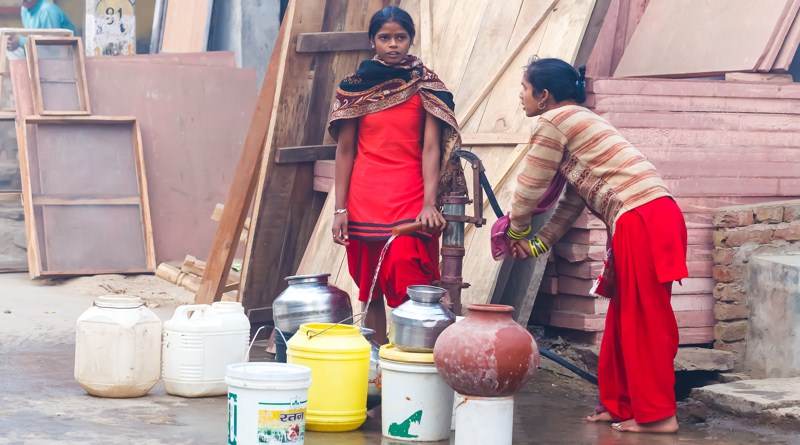World Bank approves $300 mn project to boost urban water, sewerage systems in Tamil Nadu

The World Bank has approved a $300 million programme that seeks to boost urban water and sewerage systems in Tamil Nadu. The programme is aimed at providing around 2 million people with more and better access to water and sewerage services across the cities.
The Tamil Nadu Climate Resilient Urban Development Programme is set to enhance access to quality water and sewerage services, promoting climate-resilient cities in the face of escalating climate shocks such as floods and droughts.
Tamil Nadu, with its rapidly growing population, is grappling with the impacts of climate change, making access to essential services like water and sanitation paramount for building resilient urban centres.
The programme will target 21 Urban Local Bodies (ULBs), upgrading their delivery systems to ensure efficient water supply and sewerage services, said an official World Bank statement.
The programme goes beyond addressing immediate water and sewerage needs; it also focuses on creating green spaces and parks within designated areas, contributing to enhanced urban living conditions.
“By 2030, almost 70 per cent of India’s new jobs will be generated in cities and more than 18 million people will move to cities. As centres of economic growth, it is critical to strengthen their ability to cope with the impacts of climate change and ensure continuity in basic service delivery”, said World Bank Country Director for India Auguste Tano Kouame.
For the past two decades, the World Bank has engaged with Tamil Nadu and ULBs to establish and scale-up a state-level urban institution as a public-private partnership facility that leverages various sources of finance for urban infrastructure projects in cities.
The $300 million loan from the International Bank of Reconstruction and Development (IBRD) will use the blended financing instrument of Program-for-Results (PforR) with Investment Project Financing (IPF) to link disbursement of funds directly to the achievement of results while providing technical assistance. The Program loan has a maturity of 32 years with a grace period of 7 years.
The programme aims to leverage the private sector by introducing performance-based contracts. In addition, it will issue municipal bonds and support urban governance reforms to improve the fiscal health of ULBs and secure the future needs of the urban population”, said Task Team Leaders for the project Raghu Kesavan, Mansha Chen and Lilian Pena P Weiss.
Communities, especially women, will also play a key role in designing and supporting effective climate action plans for cities, the team leaders said.



